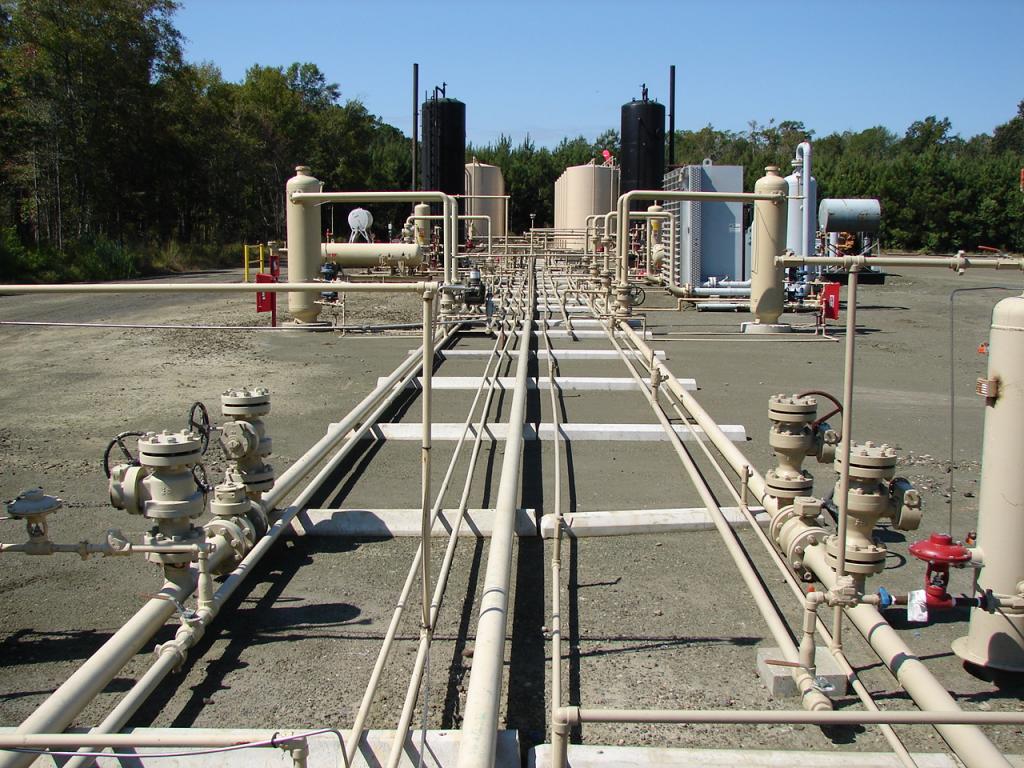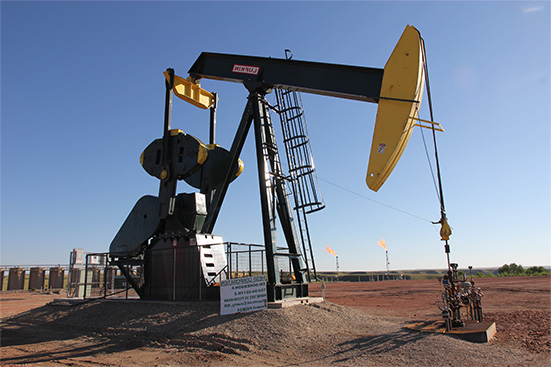
Undeniably, oil is one of the most actively traded commodities worldwide. The price of crude oil affects the price of a wide array of commodities, including natural gas and gasoline.
Those investing in oil might find it odd that something can have two prices at once. However, this is common in the world of commodities trading. Any basic type of agricultural or natural goods, such as oil, gold, beef, or wheat, is priced in two ways – its spot and futures price.
The spot and futures prices both serve as quotes for a purchase contract. It reflects the cost of the commodity that is agreed upon by the buyer and seller.
The main differences between spot and futures prices are the timing of the transaction and the dates of delivery. The price of the spot contract shows the immediate or current market price and is executed right away, while the price of the futures contract shows how much buyers are willing to pay for at a predetermined future delivery date.
It would be important to note that the futures oil price is no guarantee that the commodity will hit a certain amount in the current market during the target date. It simply reflects the price that purchasers of oil are anticipating at the time of the contract. Naturally, the actual cost of oil on that date is dependent on a lot of factors.
Spot contract
The spot price of a commodity is its present cost, for current payment, purchase, and delivery. The transaction is made ‘on the spot,’ hence, its name. Generally, a commodity’s spot price reflects the current price at which the commodity is being traded in the marketplace. Both investors and traders check the commodity spot price similar to stock prices.
In a spot contract, the current market price for oil is shown. The majority of commodity contracts that are sold and bought on the spot markets happen immediately – the purchaser accepts the delivery of the goods right after the money is exchanged. Due to the logistics of transporting oil, the demand for spot delivery vs future delivery is small.
Futures contract
Transactions that involve trading a commodity at a later date reflects the futures price. An oil futures contract is a legal agreement to trade a particular number of barrels of oil at a predetermined price, stating a predetermined date in the future. The buyer of a futures contract secures his purchase with a margin payment that covers a certain percentage of the contract’s total value.
contact dw energy
Want to learn more about oil & gas investing? Our expert team can provide you with more information or schedule a consultation to talk about diversifying your investment portfolio.

Those who buy on the futures market do so in order to lock in a price. If investors guess correctly, they will be able to make a profit. Before they would have to take delivery, investors would normally roll over or liquidate their futures holdings.
The participants in the oil market closely watch these two major oil contracts:
- West Texas Intermediate crude – is the benchmark crude for North America and trades on the New York Mercantile Exchange.
- Brent crude – is the benchmark crude for Africa, Europe, and the Middle East, and trades on the Intercontinental Exchange.
Crude oil prices are dependent on a lot of factors. Hence, it is essential for traders and investors to have reliable sources that offer current information. The spot and futures oil prices are indicators of the overall state of the market, as well as the expectations for it. If the futures prices are less compared to spot prices, this means that buyers are expecting the market to decline. On the other hand, if buyers are willing to pay a premium for futures contracts, this means that they are anticipating the market to improve.
Want to invest in oil more directly? Then consider direct participation programs. In this investment model, you are purchasing a percentage of the interest and assets of an operating oil company, also known as working interest. Aside from its high ROI potential and great tax advantages, you essentially gain all the benefits of owning a portion of the oil company without going through the trouble of setting it up and managing its daily operations.
If you are a qualified investor needing guidance on how to diversify your portfolio by investing in oil and gas, talk to us. DW Energy has been providing industry-leading oil and gas investment opportunities since 2008.
Contact dw energy
Sources:
“Crude Oil Contract,” Investing.com, https://www.investing.com/commodities/crude-oil
“What is a Spot Price?,” Corporate Finance Institute, https://corporatefinanceinstitute.com/resources/knowledge/trading-investing/spot-price/
“How to trade oil,” IG, https://www.ig.com/en/commodities/oil/how-to-trade-oil
“Crude Oil- Overview,” CME Group, https://www.cmegroup.com/trading/energy/crude-oil/light-sweet-crude.html
“Brent Crude Futures,” ICE, https://www.theice.com/products/219/Brent-Crude-Futures
